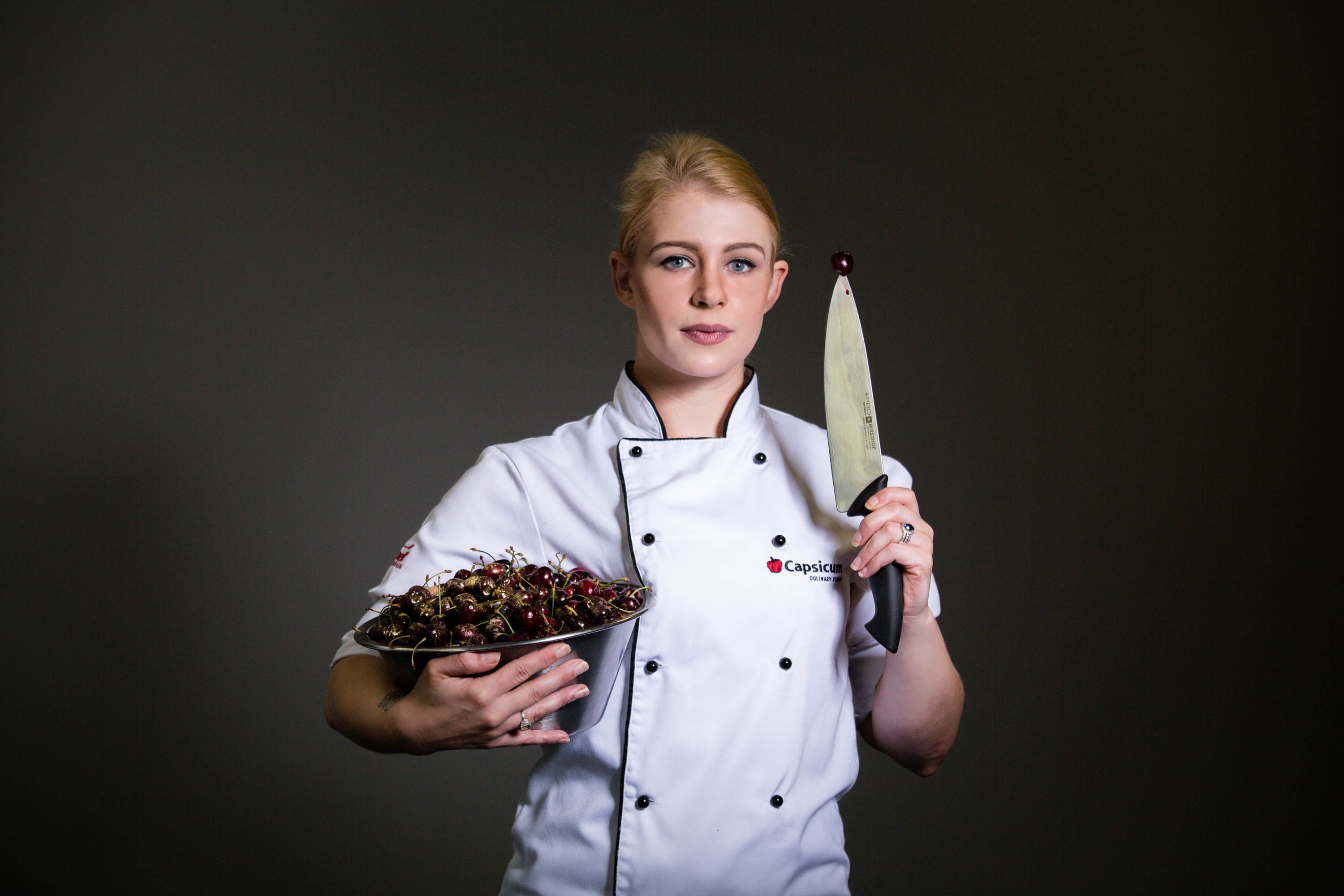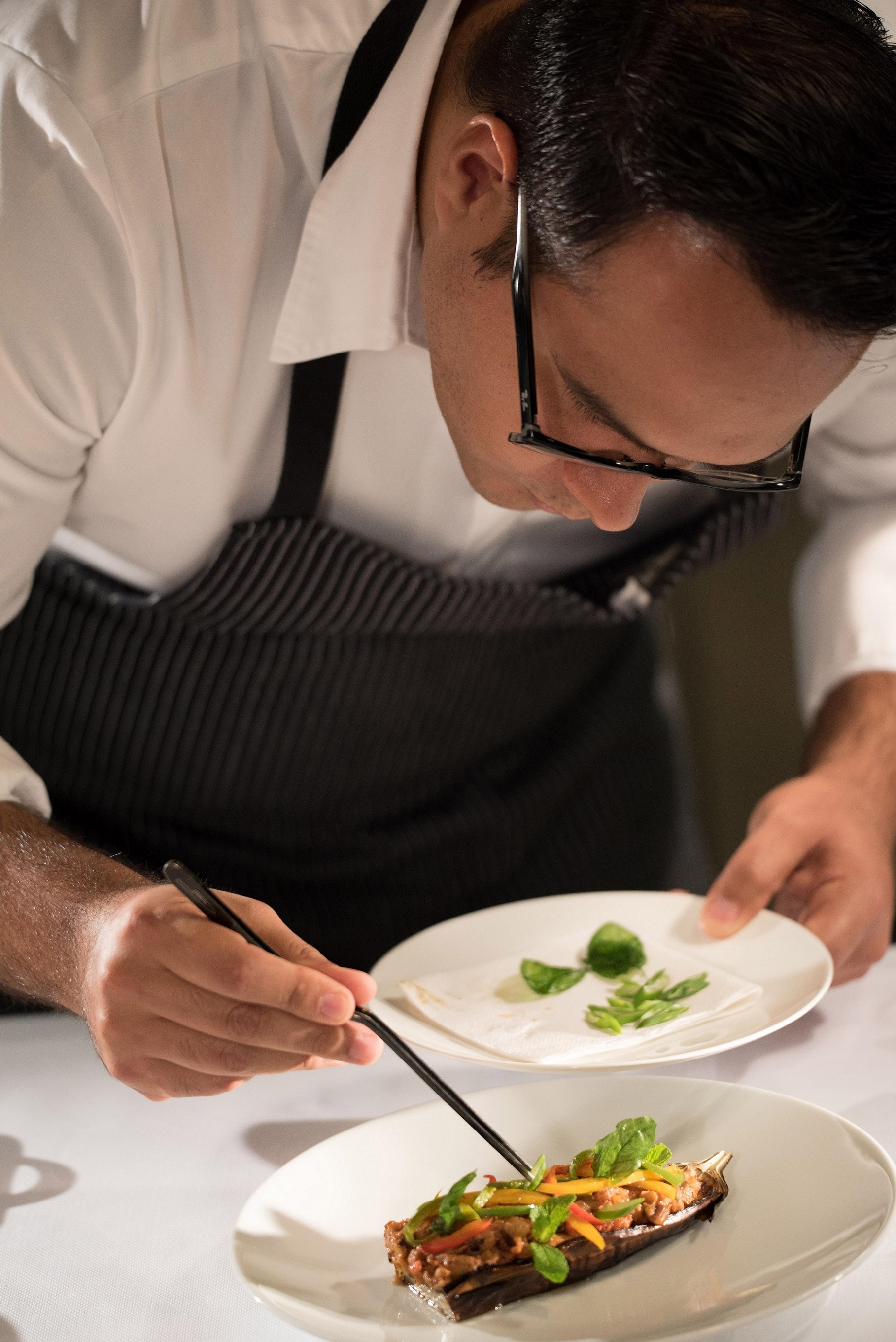GARDEN ROUTE | KAROO NEWS - The plant-based foods sector will continue to see huge growth over the next decade as consumer habits transform, but what will be the effect on cooking schools? Can students attend culinary school while still sticking to their vegan and vegetarian principles?
Says Candice Adams, Manager Operations Academic at Capsicum Culinary Studio: “I believe culinary schools are starting to realise that a plant-based culinary education is becoming more than a point under special diets in a curriculum.
We are all responsible for equipping learners with relevant and applicable skills to become employable and capable of successful entrepreneurship.
We are also responsible for empowering learners to think and investigate and to better prepare them to lead in this incredibly dynamic time in the world.
It’s important that at culinary schools there are discussions about sustainability and the role we play in the culinary field; how we impact supply and the environment through our practices and the understanding of customer demands and culinary trends and the importance of lifelong learning and an endlessly inquisitive mind.
“I believe that the plant-based diet phenomenon will continue to grow and evolve. We’ve seen a massive increase in this movement over the past decade, with rapid growth and adoption in the last five years. More people are implementing a flexitarian, vegetarian or vegan diet for various reasons, ranging from health reasons to ecological and sustainability reasons, religious and cultural reasons and ethical reasons. With so much happening in the research and development of plant-based alternatives and plant-centred nutrition, more people are open to experiencing plant-based food and starting to understand the reasons behind plant-based choices and its growing popularity.”
How does this affect cooking schools such as Capsicum Culinary Studio?
“Our students are learning about plant-based cooking and how to adapt their cooking techniques to produce high-quality plant-centred creations. We also encourage discussion and research into the trend, why people choose plant-based diets, and we are in the process of incorporating more plant-based practical applications to help students learn how to adapt their cooking techniques accordingly,” says Adams.
The big conundrum is whether students can attend culinary school while still sticking to their vegan and vegetarian principles?
“Vegan and vegetarian learners still need to work with and cook meat products as it’s important to understand how to use meat, dairy, egg and other animal-based products in a professional kitchen. They are not required to consume the products and can work closely with their lecturers and fellow students to ensure flavour profiles and other assessment criteria are being met. If becoming a professional chef is not necessarily the goal or if they are already a professional chef and want to brush up on plant-based cooking skills, learners can do our Plant-Forward Kitchen Programme, an on-demand, self-paced short course that is available via our online store.
“This also applies to the baking of course. It is possible to cook and bake products with animal-based products without having to taste them, but a thorough understanding of the cooking theory, techniques and applications are essential.
"Working with subject matter experts, mentors and culinary friends to help guide, taste and provide feedback while you are learning is the key to success in this case. Learning how to use your other sense alongside repetition and mentorship is essential,” Adams concludes. "Working with subject matter experts, mentors and culinary friends to help guide, taste and provide feedback while you are learning is the key to success in this case. Learning how to use your other sense alongside repetition and mentorship is essential,” Adams concludes.
"Working with subject matter experts, mentors and culinary friends to help guide, taste and provide feedback while you are learning is the key to success in this case. Learning how to use your other sense alongside repetition and mentorship is essential,” Adams concludes.
 Plating. Photo: Guillermo Muro
Plating. Photo: Guillermo Muro
'We bring you the latest Garden Route, Hessequa, Karoo news'















